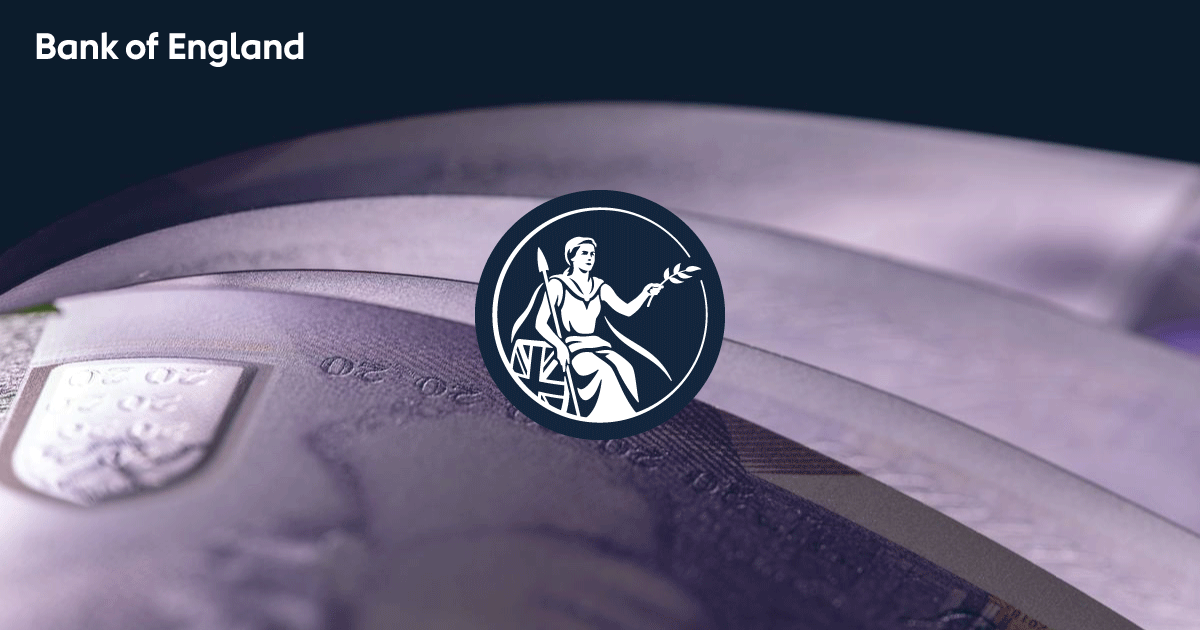The UK Treasury and Bank of England are setting up a "Central Bank Digital Currency" taskforce to investigate creating a digital pound. The rise of cryptocurrency has seen governments around the world take a serious look at how a completely digital financial system may look.
The so-called "BritCoin" would mean that individuals and businesses would be able to hold currency directly with the Bank of England, rather than going through high street bank accounts. The UK is not the first country to look at a state backed digital currency, as China is already considering a similar proposal.
Digital currencies like this would likely utilise the block-chain technology that powers Bitcoin and other cryptocurrencies, but would not be seen as a speculative investment that shows the same levels of volatility.
It is important to note that this proposed currency would work alongside the existing Pound, so that they are in parity - a "digital banknote" for GBP:
You can read a little more on this BoE info page:

 www.bankofengland.co.uk
www.bankofengland.co.uk
The so-called "BritCoin" would mean that individuals and businesses would be able to hold currency directly with the Bank of England, rather than going through high street bank accounts. The UK is not the first country to look at a state backed digital currency, as China is already considering a similar proposal.
Digital currencies like this would likely utilise the block-chain technology that powers Bitcoin and other cryptocurrencies, but would not be seen as a speculative investment that shows the same levels of volatility.
It is important to note that this proposed currency would work alongside the existing Pound, so that they are in parity - a "digital banknote" for GBP:
You can read a little more on this BoE info page:
Central bank digital currencies
A Central Bank Digital Currency (CBDC) would allow households and businesses to directly make electronic payments using money issued by the Bank of England. We have not yet made a decision on whether to introduce CBDC.
